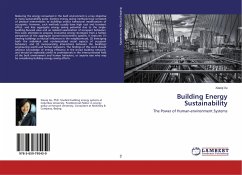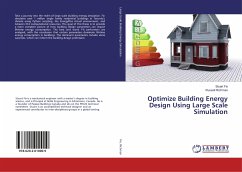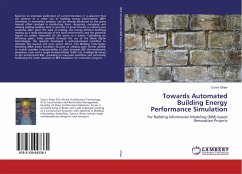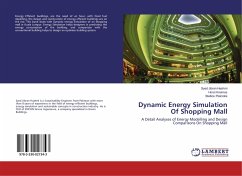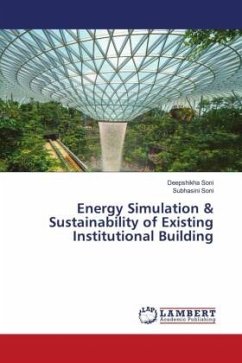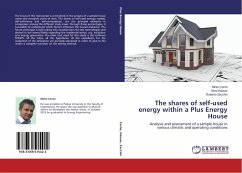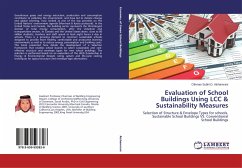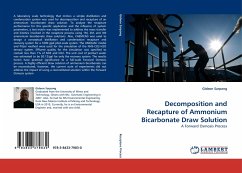Reducing the energy consumed in the built environment is a key objective in many sustainability goals. Existing energy saving methods have consisted of physical interventions to buildings and/or behavioral modifications of occupants. However, such methods usually have high cost and transient effect, and lose aggregate energy saving potential due to the single-building-focused view and an isolated examination of occupant behaviors. This work attempts to propose innovative energy strategies from a holistic perspective of the aggregate human-environment systems. It features: (1) viewing buildings as mutual influences in the neighborhood, (2) leveraging both the individual and contextualized social aspects of occupant behaviors, and (3) incorporating interactions between the building's engineering world and human behaviors. The findings of this work should advance knowledge of energy efficiency in the broad building network, and should be especially useful to professionals in the interconnected field of the built environment and human behaviors, or anyone else who may be considering building energy saving efforts.

